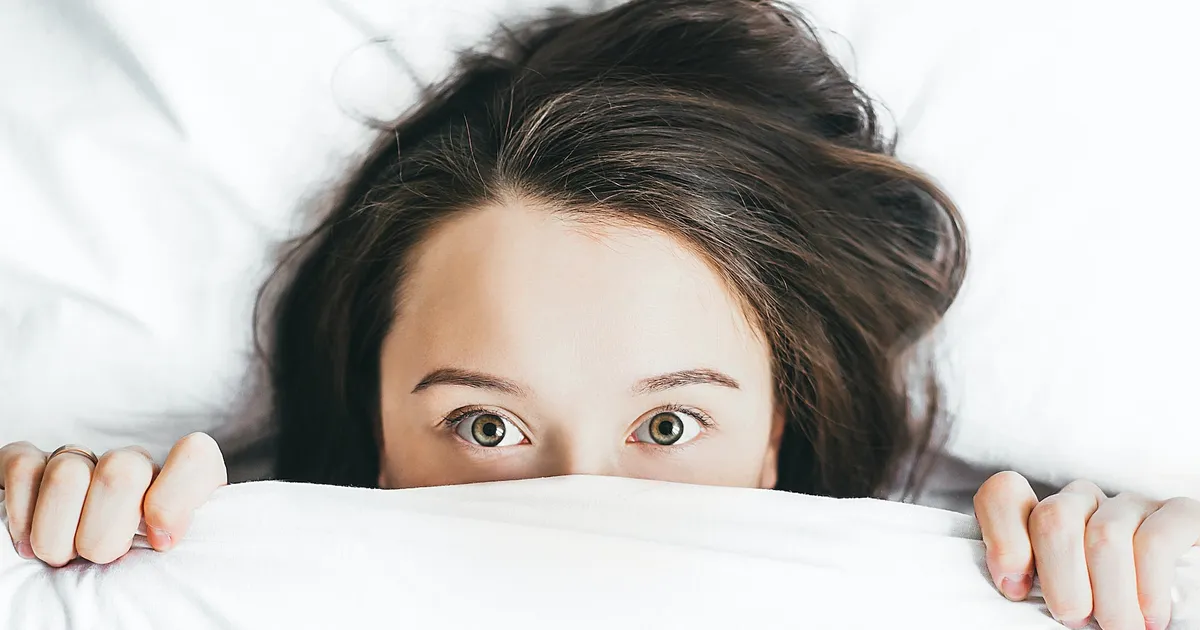Night Sweats is a term used to describe severe hot flashes that occur during sleep accompanied by intense bouts of sweating. This condition is not simply overheating due to a warm environment but rather a significant episode that can drench sleepwear and bedding, leading to disrupted sleep.
Common Misconceptions/Questions
A common misconception is that night sweats only occur in women experiencing menopause. Although menopausal women often experience night sweats due to hormonal changes, the condition can affect anyone of any gender or age, given its broad range of triggers.
Frequently Asked Questions
Are night sweats dangerous?
Night sweats themselves are not dangerous but they can be a symptom of an underlying condition that requires medical attention. Therefore, recurring, excessive night sweats should not be ignored and discussed with a healthcare professional to identify possible causes.
What causes night sweats?
Night Sweats can be caused by many factors, including menopause, certain medications, infections, hormonal disorders, cancers, or sleep disorders. Even lifestyle factors, such as stress, diet, or alcohol and caffeine intake, can play a role.
How can night sweats be treated?
The treatment for night sweats depends on identifying and dealing with the underlying cause. This might mean changing medication, treating an infection, or beginning hormone replacement therapy for menopausal women. Lifestyle modifications like adjusting room temperature, wearing breathable sleepwear, and keeping well-hydrated can help provide relief.
Related Terms and Additional Resources
Terms
- Hot flashes : A sudden feeling of heat, often accompanied by a red, flushed face and sweating. While commonly associated with menopause, hot flashes can also occur in men and may be related to night sweats.
- Hyperhidrosis : This medical condition is characterized by excessive sweating that isn’t necessarily related to heat or exercise. It may affect the whole body or just specific areas and occur during day or night.
- Menopause : This natural phase marks the end of a woman’s reproductive years. Changes in hormone levels during menopause can trigger night sweats.
- Hormone Replacement Therapy (HRT) : This treatment is used for managing menopausal symptoms, such as hot flashes and night sweats.
